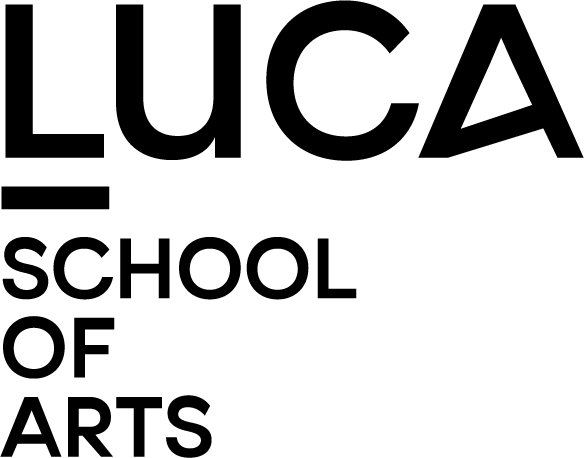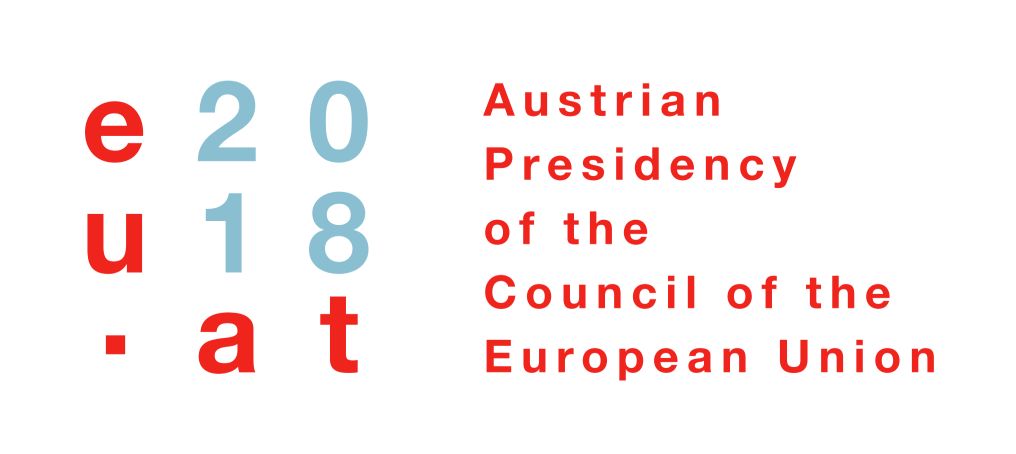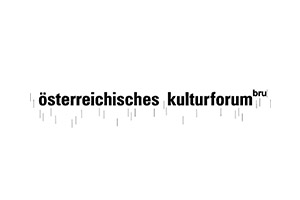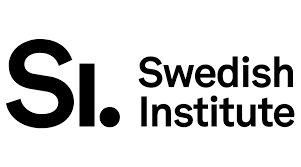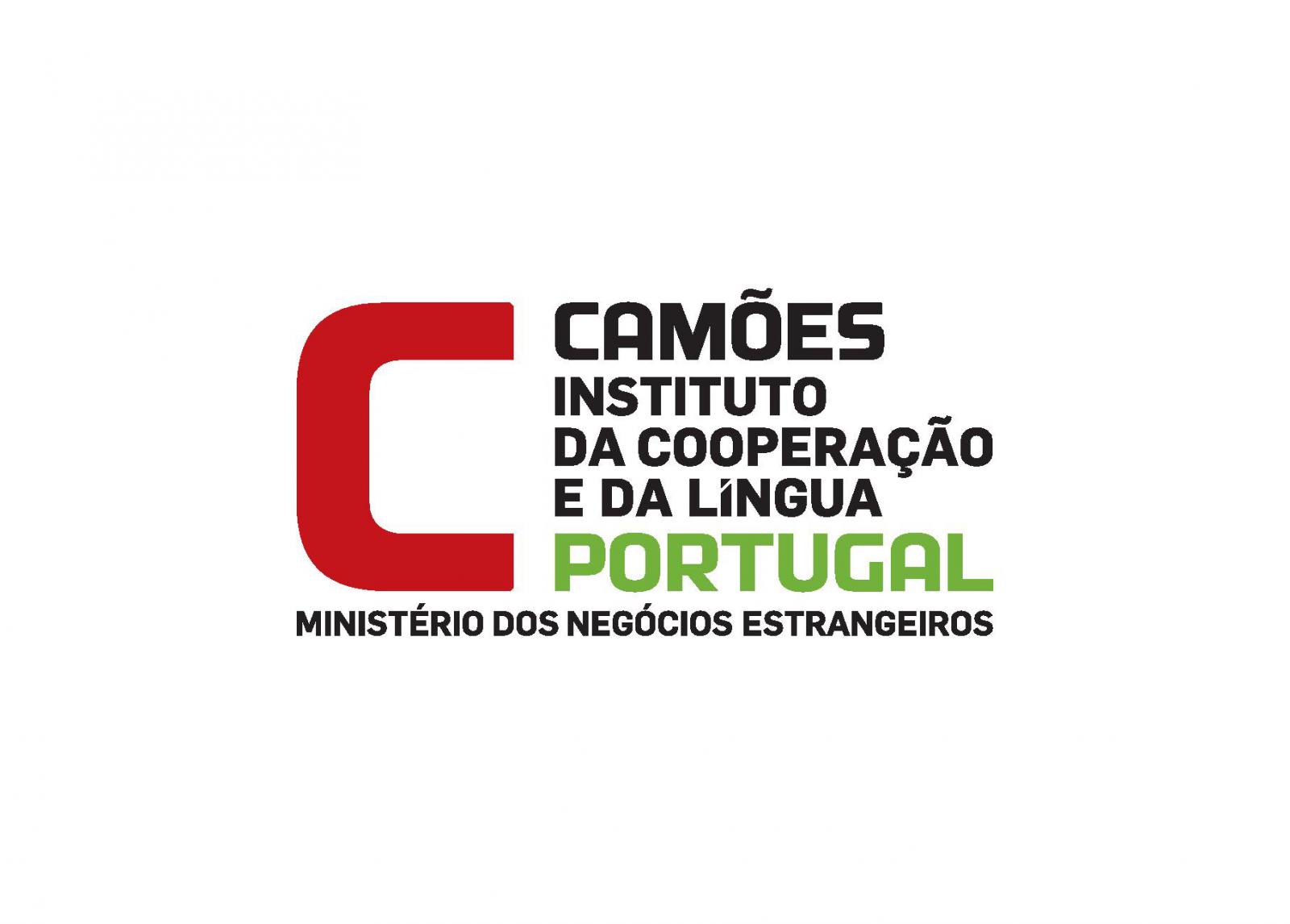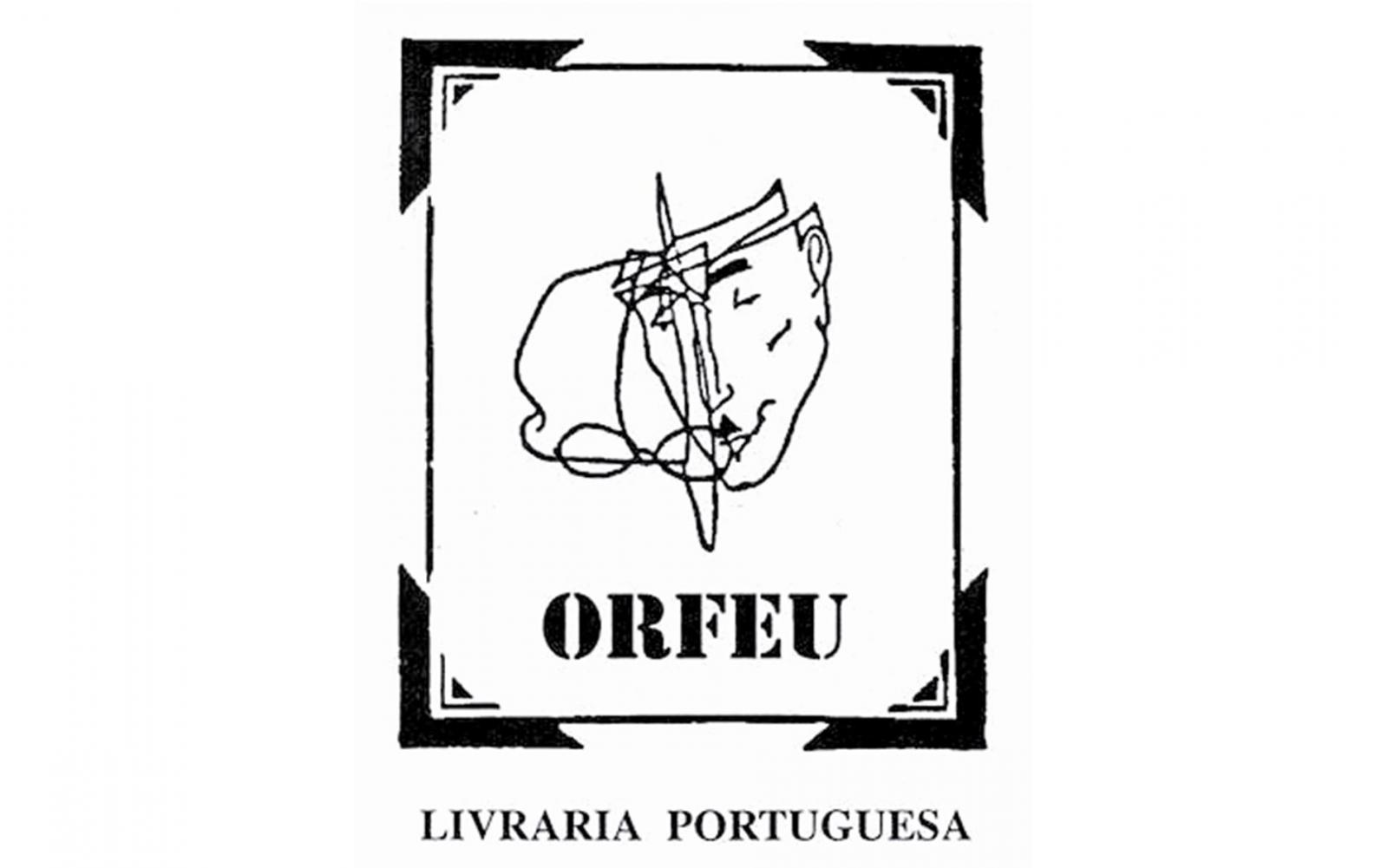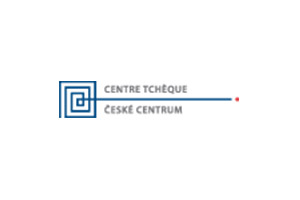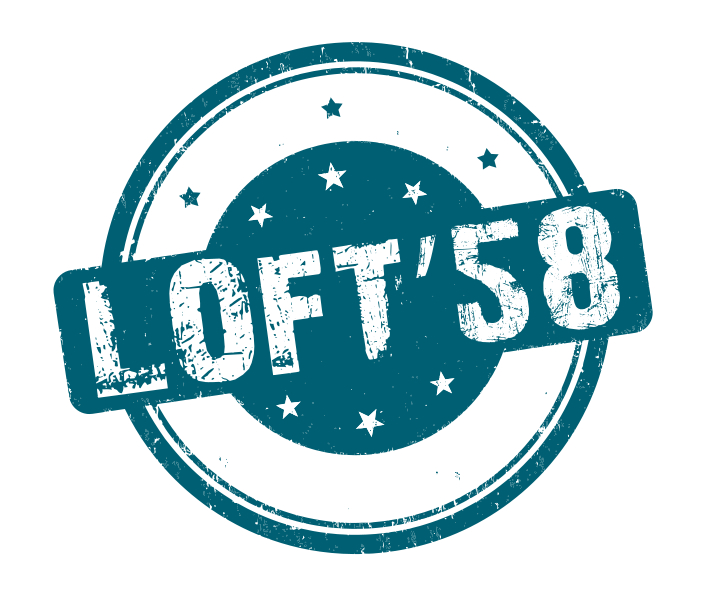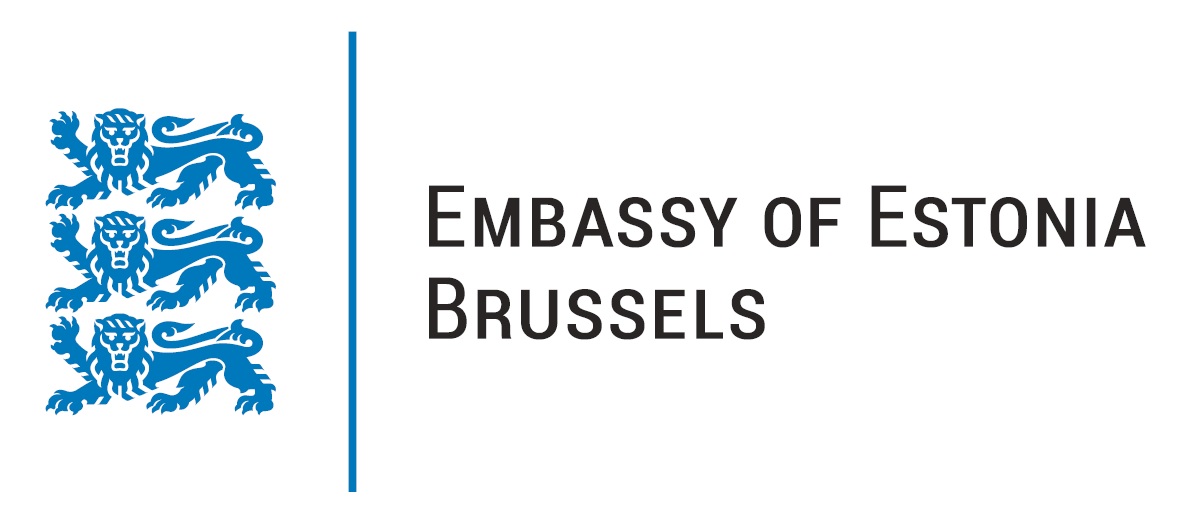Find a poet
Latest updates
-
TRANSPOESIE 2025
09/24/2025 -
Transpoesie 2025 - Programme
09/24/2025 -
Transpoesie 2025 - Open Call
04/16/2025
Rosana ACQUARONI
Licenciada en filología hispánica (1989, UAM) y doctora en lingüística aplicada (2008, UCM). Actualmente es profesora de español para extranjeros en el Centro Complutense para la Enseñanza del Español (CCEE). Es autora de materiales didácticos y realiza numerosos cursos de formación de profesores de ELE/L2 dentro y fuera de España. Como poeta ha publicado: Del mar bajo los puentes (Rialp, 1988) con el que obtuvo un accésit del Premio Adonais de Poesía en 1987, El jardín navegable (Torremozas, 1990 y 2017 2da Ed.), escrito con una beca para la Creación Literaria otorgada por el Ministerio de Cultura, Cartografía sin mundo (1995), que recibió el Premio de Poesía Cáceres Patrimonio Mundial en 1994, Lámparas de arena (2000), Discordia de los dóciles (Olifante, 2011) y La casa grande (Bartleby Editores, 2018), Premio Libro del Año 2019 en la modalidad de Poesía, otorgado por el Gremio de Librerías de Madrid. Sus poemas aparecen recogidos en diversas antologías entre las que destacan: Ellas tienen la palabra (1997, Hiperión), En legítima defensa, poetas en tiempos de crisis (2014, Bartleby), Disidentes; Antología de poetas críticos españoles (1990-2014) (2015, La oveja roja) y (Tras)lúcidas. Poesía escrita por mujeres (1980-2016) (Bartleby Editores, 2014). Su obra ha sido traducida al francés, alemán, árabe y portugués.
(c) photo: Pepo Paz
Degree in Hispanic Philology (1989, UAM) and PhD in Applied Linguistics (2008, UCM). She is currently a teacher of Spanish for foreigners at the Centro Complutense para la Enseñanza del Español (CCEE). She is the author of didactic materials and conducts numerous training courses for teachers of Spanish as a foreign language and Español como Segunda Lengua (ELE7L2) in Spain and abroad. As a poet she has published: Del mar bajo los puentes (Rialp, 1988) with which she won a second prize in the Adonais Poetry Award in 1987, El jardín navegable (Torremozas, 1990 and 2017 2nd Ed. ), written under a grant for Literary Creation awarded by the Ministry of Culture, Cartografía sin mundo (1995), which received the Cáceres World Heritage Poetry Award in 1994, Lámparas de arena (2000), Discordia de los dóciles (Olifante, 2011), and La casa grande (Bartleby Editores, 2018), which was awarded the Book of the Year Award 2019 in the category of Poetry by the Madrid Booksellers Guild. Her poems have been collected in several anthologies, among which Ellas tienen la palabra (1997, Hyperion), En legítima defensa, poetas en tiempos de crisis (2014, Bartleby), Disidentes; Antología de poetas críticos españoles (1990-2014) (2015, La oveja roja), and (Tras)lúcidas. Poesía escrita por mujeres (1980-2016) (Bartleby Editores, 2014). Her work has been translated into French, German, Arabic and Portuguese.
(c) photo: Pepo Paz
Licenciée en philologie hispanique (1989, UAM) et docteure en linguistique appliquée (2008, UCM), elle enseigne actuellement l’espagnol comme langue étrangère dans le Centre Complutense pour l’Enseignement de l’espagnol (CCEE).
Auteure de matériel didactique, elle a aussi donné de nombreux cours de formation de professeurs d’espagnol langue étrangère (ELE/L2) en Espagne et à l’étranger.
En tant que poétesse, elle a publié Del mar bajo los puentes (Rialp, 1988) — livre pour lequel elle a obtenu un accessit du Prix Adonais de Poesía en 1987 —, El jardin navegable (Torremozas, 1990 et 2017 2e Ed.), pour lequel elle a bénéficié d’une bourse à la création littéraire octroyée par le Ministère de la Culture, Cartografía sin mundo (1995), qui a reçu le prix Poesía Cáceres Patrimonio mundial en 1994, Lámparas de arena (2000), Discordia de los dóciles (Olifante, 2011) et La casa grande (Bartleby Editores, 2018), Prix du livre 2019, dans la catégorie Poésie, octroyé par l’association des librairies de Madrid. Ses poèmes se trouvent également dans diverses anthologies parmi lesquelles on retiendra : Ellas tienen la palabra (1997, Hiperión), En legítima defensa, poetas en tiempos de crisis (2014, Bartleby), Disidentes ; Antología de poetas críticos españoles (1990-2014) (2015, La oveja roja) et (Tras)lúcidas. Poesía escrita por mujeres (1980-2016) (Bartleby Editores, 2014). Son œuvre est traduite en français, allemand, arabe et portugais.
(c) photo: Pepo Paz
Rosana Acquaroni behaalde een licentie in de Spaanse filologie (1989, UAM) en is dokter in de toegepaste linguïstiek (2008, UCM). Nu is ze leraar Spaans voor vreemdelingen in het Centro Complutense voor het Onderwijs van het Spaans (CCEE). Ze is auteur van didactisch materiaal en zette talrijke cursussen op voor de vorming van professoren van het niveau ELE/L2 zowel binnen als buiten Spanje. Als dichter publiceerde ze: ‘Del mar bajo los puentes’ (Rialp, 1988) waarmee ze een eervolle vermelding kreeg bij de Premio Adonais de Poesía in 1987, ‘El jardín navegable’ (Torremozas, 1990 en 2017 tweede editie) is geschreven met een beurs voor Literaire Creatie van het Ministerie van Cultuur, ‘Cartografía sin mundo’ (1995), dat in 1994 de Poëzieprijs Cáceres Patrimonio Mundial kreeg, ‘Lámparas de arena’ (2000), ‘Discordia de los dóciles’ (Olifante, 2011) en ‘La casa grande’ (Bartleby Editores, 2018), Prijs van het Boek van het Jaar 2019 in het genre van de poëzie, uitgereikt door de Gremio de Librerías van Madrid. Haar gedichten werden in diverse bloemlezingen opgenomen, o.m. in: ‘Ellas tienen la palabra’ (1997, Hiperión), ‘En legítima defensa, poetas en tiempos de crisis españoles (1990-2014) (2015, La oveja roja) en ‘(Tras)lúcidas. Poesía escrita por mujeres (1980-2016)’ (Bartleby Editores, 2014). Haar werk werd vertaald naar het Frans, het Duits, het Arabisch en het Portugees.
(c) photo: Pepo Paz



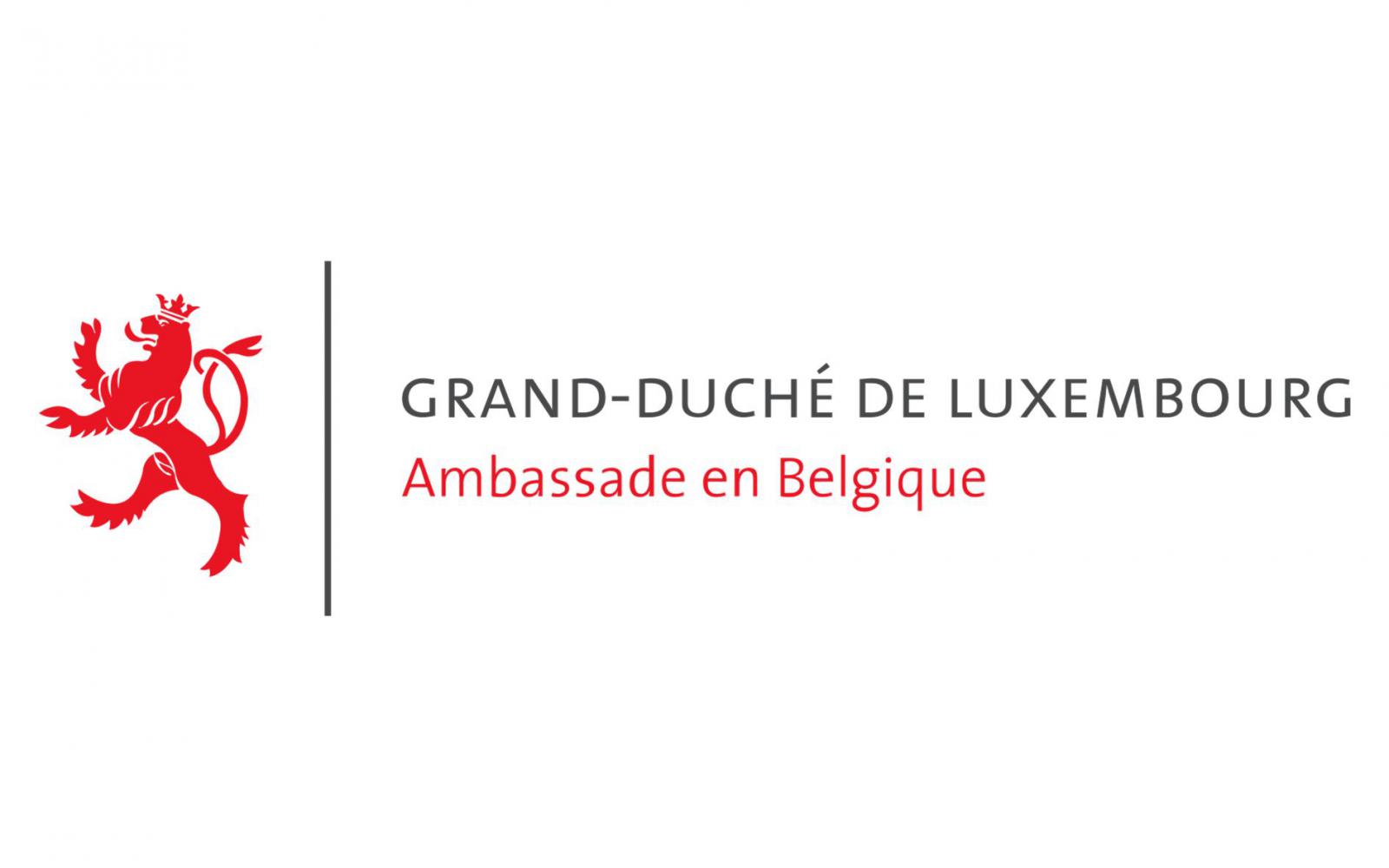
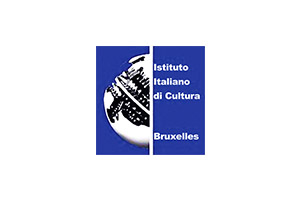
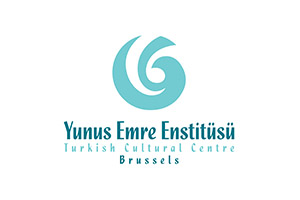
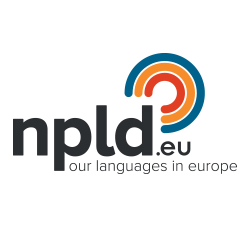
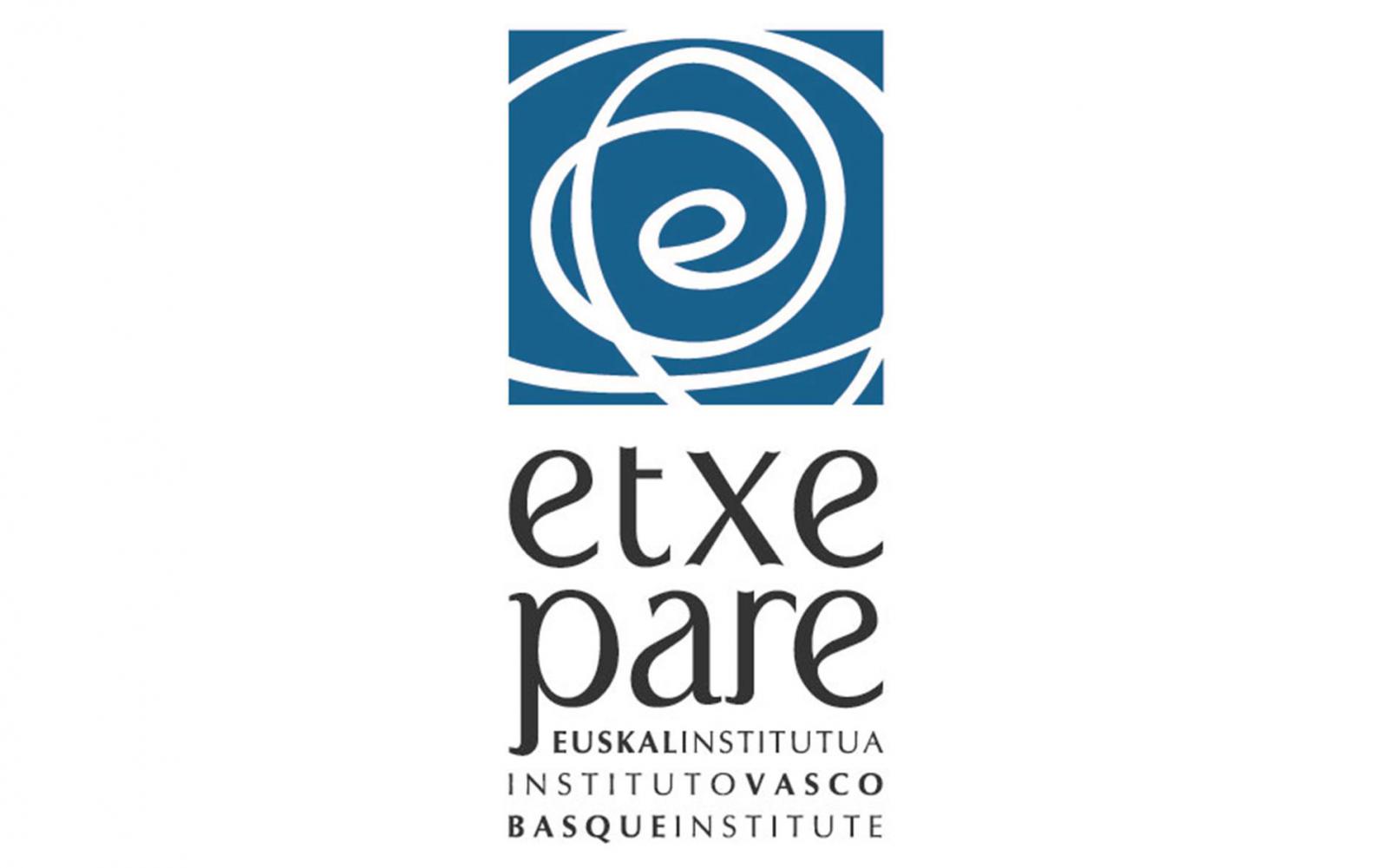
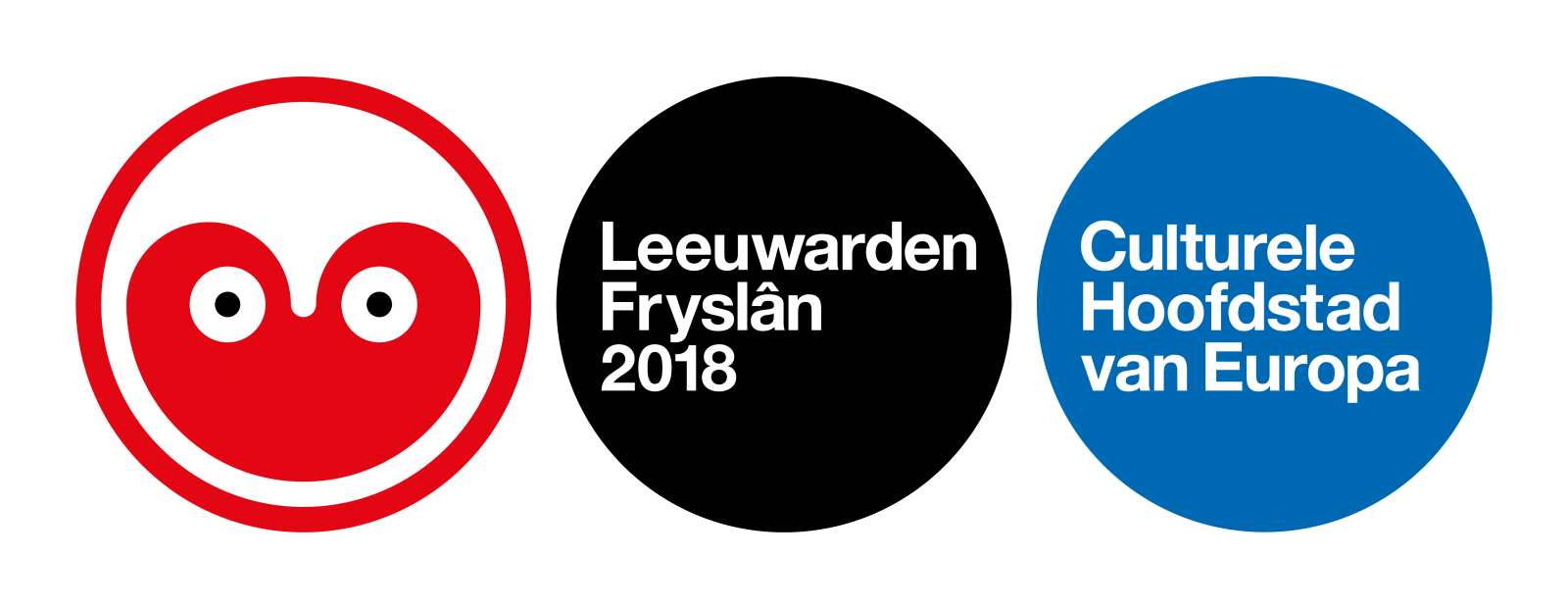
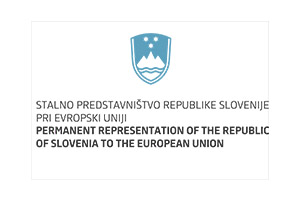

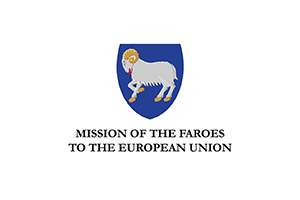

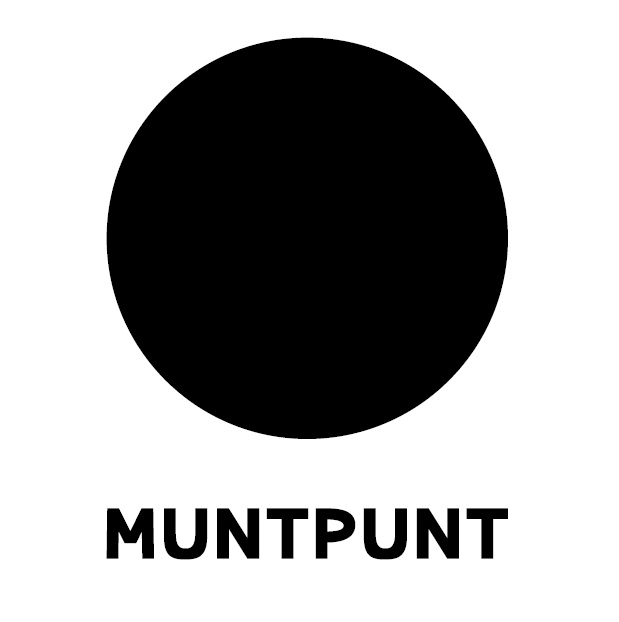


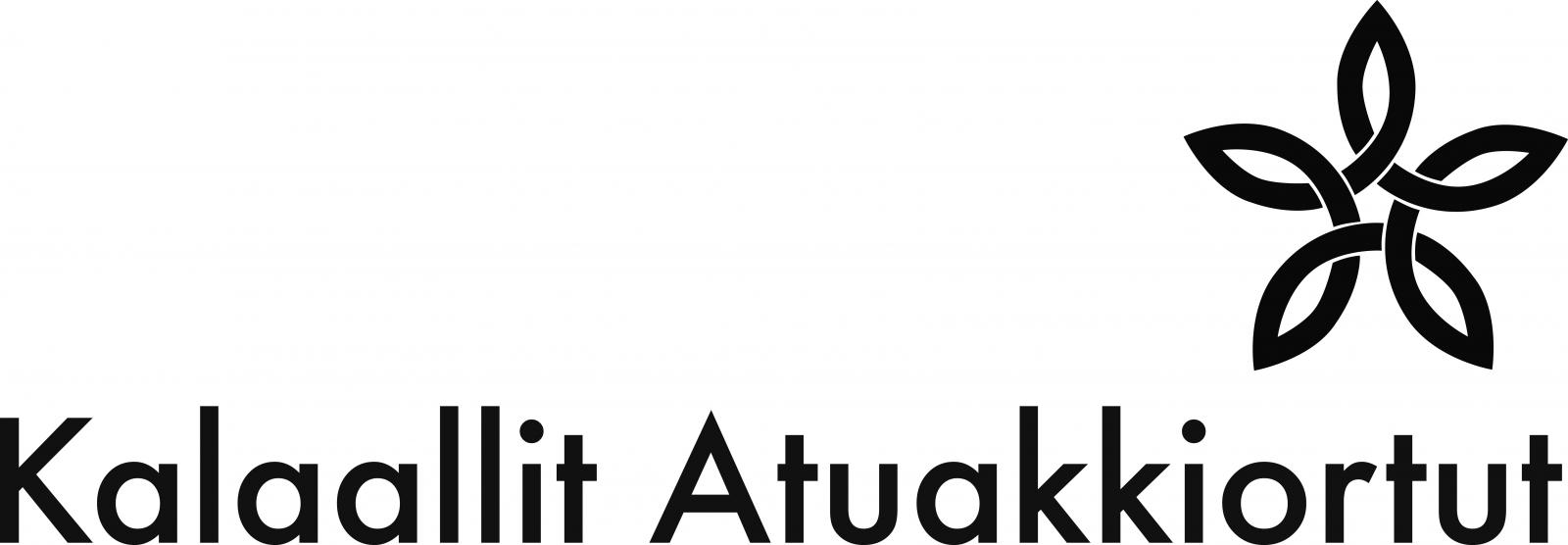

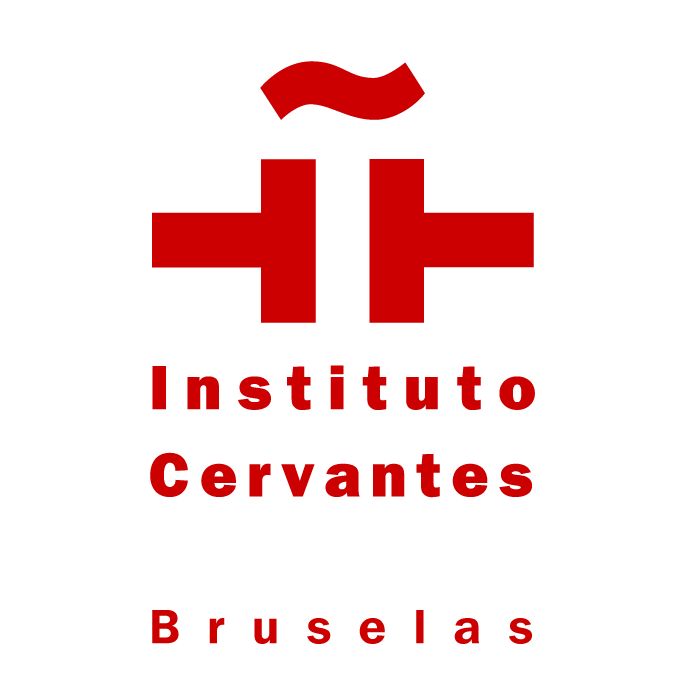

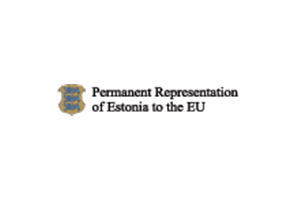
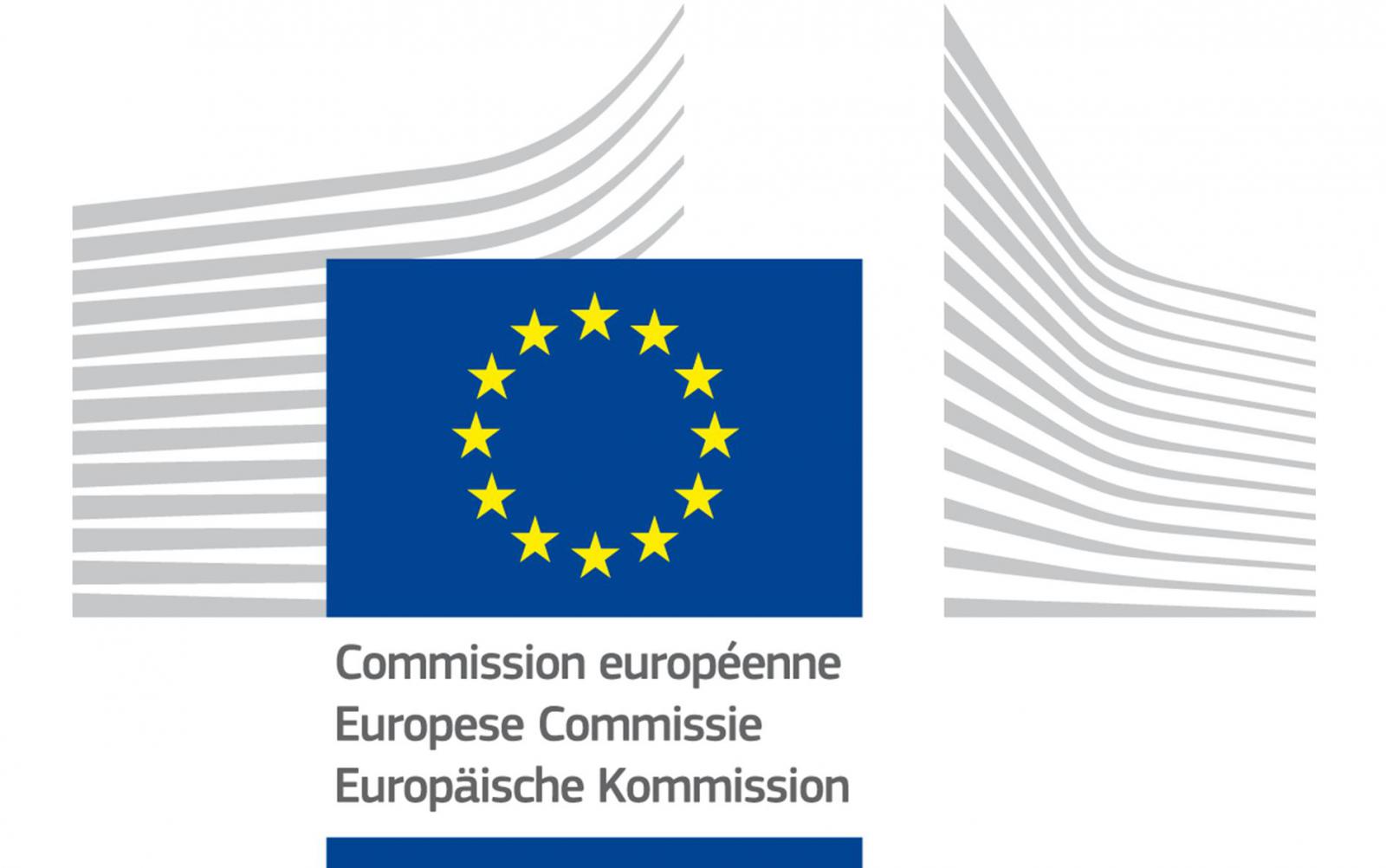
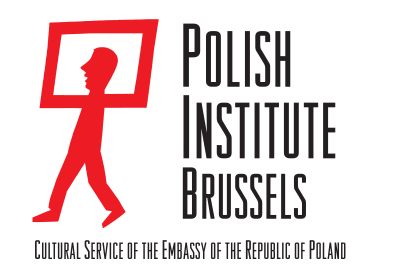
/RO - on the website.png)

